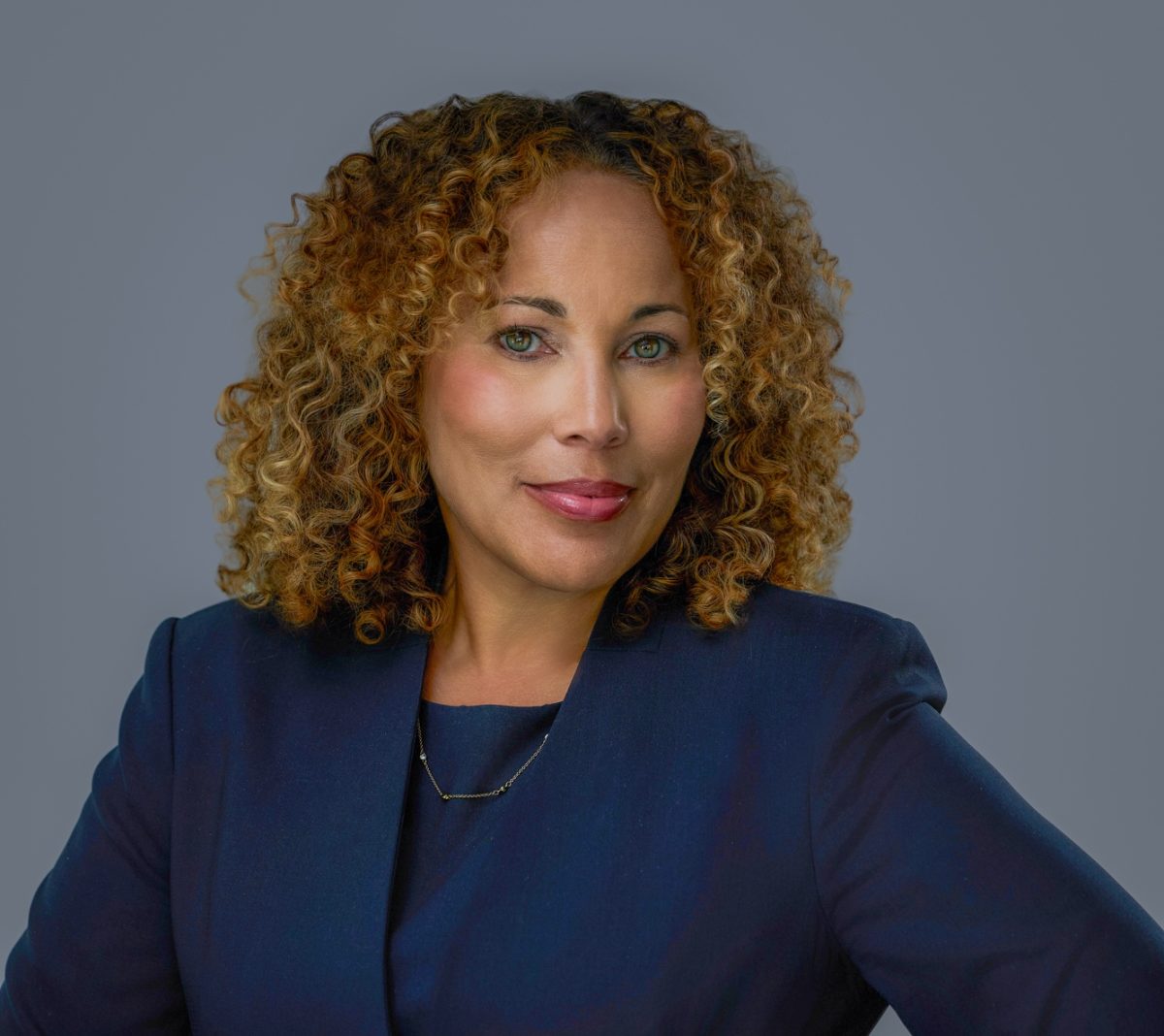Supporting and uplifting vulnerable and marginalized communities is a common thread weaving through Denise Miranda’s near 30-year legal career. Today, she fights discrimination, promotes justice, and ensures equity for almost 20 million people as Acting Commissioner of the New York State Division of Human Rights.
Commissioner Miranda’s commitment to public service took root as she grew up in the Bronx with parents who were New York City public school educators. “As the first generation born outside of Puerto Rico, I was raised with an acute understanding that my childhood experiences were very distinct from the experiences my parents had,” she says. “I attended private Catholic school and we owned our home in a middle-class neighborhood. I was a Girl Scout and took private piano lessons for years. Despite these privileges, I experienced discrimination, often in these very same spaces. I also didn’t have to look very far to understand the reality and consequences of ‘bad choices’ for people who looked like me. The intersection of all of those experiences led me to pursue the law with the goal of promoting a more fair and equitable existence for historically marginalized communities.”
Keeping that goal in sight, Commissioner Miranda attended St. John’s Law, where she was drawn to criminal law and family law classes that, she notes, “dealt with real life problems and the complexities of human beings.” After graduation, she worked as an Assistant District Attorney in the Bronx DA’s Domestic Violence and Sex Crimes Bureau and then as an attorney with the Network for Women’s Services. Following some time in private practice, she became Managing Director of the Urban Justice Center’s Safety Net Project and, in 2017, was named Executive Director of the New York State Justice Center for the Protection of People with Special Needs.
Nominated to her current leadership role in March of 2024, Commissioner Miranda welcomes the opportunity to lead the state agency that is dedicated to enforcing New York’s Human Rights Law and freeing the state of discrimination. “Many hardworking New Yorkers rely on the Division as their only source of information and recourse,” she explains. “Here, they can pursue their matter without hiring an attorney and get the justice they deserve.”
Despite the demands of her daily work, Commissioner Miranda still finds time to lead by example in her community. She is a member of the Puerto Rican Bar Association, the Westchester Black Women’s Political Caucus, the Latina Mentoring Initiative, and other service-oriented organizations. She also returned St. John’s Law recently, where she addressed students and alumni as they helped New Yorkers in need at a Pro Bono Working Lunch. It was a meaningful homecoming.
“Being back at St. Johns was particularly momentous because it provided an opportunity to meet Dean Jelani Jefferson Exum, the second woman and first African American to lead the Law School in its nearly 100-year history,” says Commissioner Miranda. “Her commitment to a mission-focused education is inspiring. I believe that, under her leadership, the Law School will continue to be elevated as a preeminent institution with a strong commitment to values of diversity and equity.”
With that same commitment, Commissioner Miranda looks forward to the work ahead of her at the Division of Human Rights, which just launched an ambitious Call Out Hate campaign to combat hate and bias in communities across New York State. “As Commissioner, I have the opportunity to ensure that the Division meets its mandate, abides by its mission, and operates with assurance and competence,” she says. “It’s truly an honor and privilege to be entrusted with this responsibility.”

